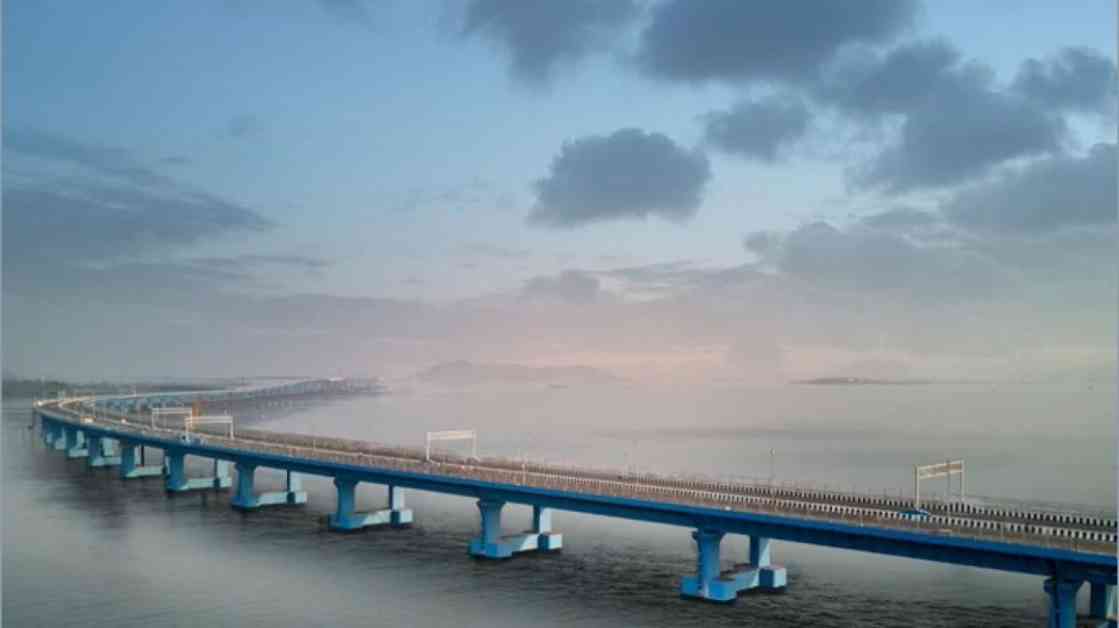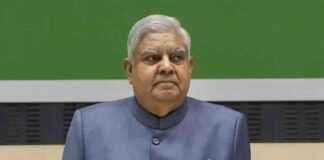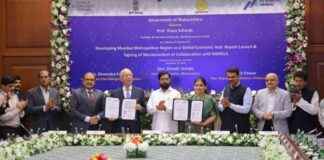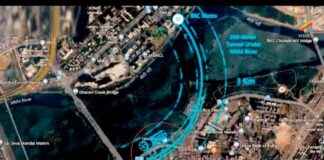Contractor Fined Rs 1 Crore for Atal Setu Bridge Crack
The Mumbai Metropolitan Regional Development Authority (MMRDA) recently imposed a fine of INR 1 crore on contractor Strabag following the discovery of cracks on the approach road of Atal Setu, India’s longest sea bridge. This incident occurred two months after the bridge’s inauguration in January 2024 by Prime Minister Narendra Modi. The Atal Setu bridge connects Ulwe in Navi Mumbai to South Mumbai, serving as a crucial link for the city’s transportation infrastructure.
According to Right to Information (RTI) activist Anil Gangali, the MMRDA conducted an inspection of the Atal Setu road and discovered small potholes on the road connecting Ramp 5 of the bridge. While these potholes were promptly repaired in the third week of June 2024, the MMRDA issued a show-cause notice to the contractor Strabag regarding the quality of work on the approach road.
Documents obtained by Gangali revealed that MMRDA’s Chief Engineer D.M. Chamalwar issued a notice to Strabag on June 22, 2024, expressing dissatisfaction with the quality of work on the road. Despite the road being completed on January 5, 2024, the MMRDA found that the work did not meet the required standards. Consequently, Strabag was fined Rs 1 crore and instructed to rectify the defects within 48 hours of receiving the notice.
Ensuring Quality in Infrastructure Projects
Anil Gangali emphasized the importance of regular monitoring by MMRDA to identify and rectify quality issues in infrastructure projects. He suggested that a six-month monitoring schedule could help prevent such mistakes and ensure the durability and safety of public structures like the Atal Setu bridge. While the fine imposed on Strabag sends a message about accountability, Gangali also called for the contractor to be blacklisted to prevent similar incidents in the future.
The MMRDA clarified in an official statement that the cracks on the approach road of Atal Setu were not due to structural defects in the bridge itself. The authority reassured the public that there was no threat to the integrity of the bridge and that the issue was limited to the service road connecting the bridge at Ulwe. Despite this, the MMRDA took swift action to address the quality concerns and hold the contractor accountable for the substandard work.
Lessons Learned and Future Precautions
The incident involving the Atal Setu bridge serves as a reminder of the importance of quality control and oversight in infrastructure projects. While the bridge itself was deemed structurally sound, the discovery of potholes on the approach road highlighted the need for thorough inspections and timely maintenance. By imposing a significant fine on the contractor responsible for the substandard work, the MMRDA sends a clear message about the consequences of compromising on quality.
Moving forward, it is essential for government agencies and contractors to prioritize quality assurance in all phases of infrastructure development. Regular inspections, strict adherence to quality standards, and accountability mechanisms can help prevent similar incidents and ensure the long-term safety and reliability of public structures. In the case of the Atal Setu bridge, the MMRDA’s proactive response to the quality issues demonstrates a commitment to upholding the highest standards in infrastructure development.
As India continues to invest in ambitious infrastructure projects to support economic growth and urban development, it is crucial for stakeholders to learn from past mistakes and implement robust quality control measures. By learning from incidents like the Atal Setu bridge crack and taking proactive steps to address quality concerns, authorities can build a more resilient and sustainable infrastructure network for the benefit of all citizens.




















